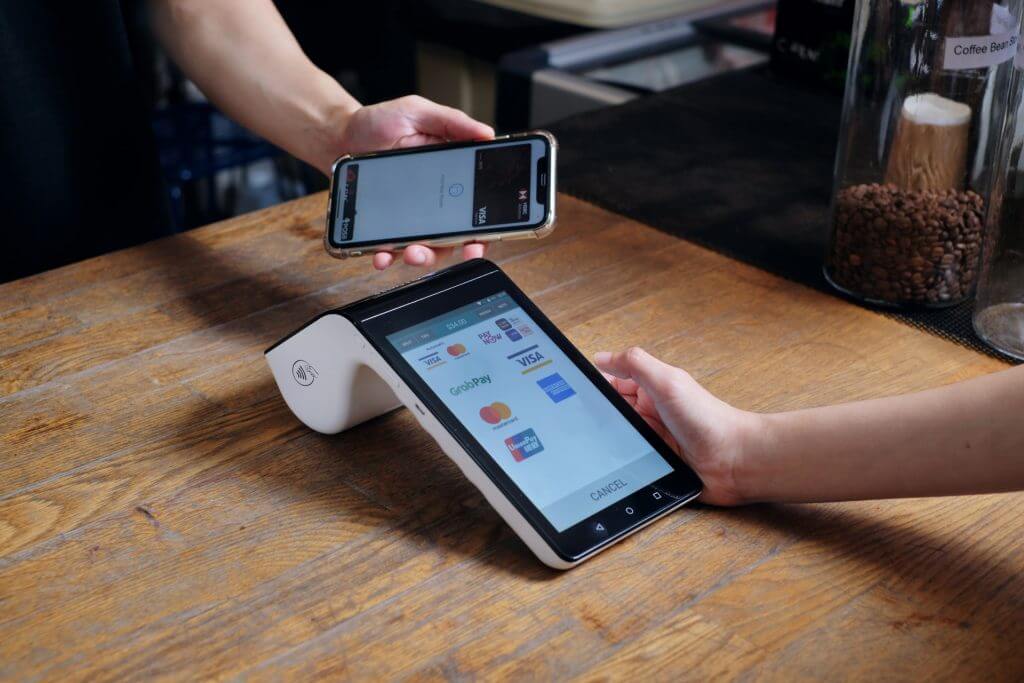In the dynamic retail landscape of the Philippines, businesses are increasingly turning to Point of Sale (POS) systems to enhance their operational efficiency and improve customer service. A POS solution is no longer just a tool for processing transactions; it’s a comprehensive system that enables businesses to streamline sales, manage inventory, and cultivate customer relationships. This article delves into the benefits, features, and future trends of POS systems in the Philippines, helping businesses understand why investing in this technology is essential.
Understanding POS Systems
What is a POS System?: A Point of Sale (POS) system refers to the combination of hardware and software that businesses use to manage sales transactions. Traditionally, this involved a simple cash register, but modern POS systems encompass a wide range of functionalities that cater to the needs of today’s retailers.
The Evolution of POS Technology: The evolution of POS technology has seen a shift from traditional cash registers to advanced digital solutions that integrate seamlessly with various business operations. With advancements in technology, modern POS systems now offer features like inventory management, customer relationship management, and real-time analytics, making them indispensable for retailers.
Key Features of POS Solutions in the Philippines
Sales Processing: One of the standout features of POS systems is their ability to facilitate efficient sales processing. Users can quickly add items to the sale, apply discounts or promotions, and accept multiple payment methods, including cash, credit/debit cards, and mobile wallets. This efficiency not only speeds up the checkout process but also enhances the overall customer experience.
Product Catalog Management: A centralized product catalog is crucial for any retail operation. With a POS system, businesses can easily manage their product offerings by adding new items, updating prices or descriptions, and categorizing products for easier navigation during the sales process. This capability reduces errors and ensures that customers receive accurate information about products.
Barcode Scanning and Printing: Barcode scanning is a game-changer in retail. POS systems support rapid and accurate item entry through barcode scanning, allowing for quick sales transactions and accurate inventory updates. Additionally, businesses can print barcodes for new products or labels, simplifying inventory management and reducing the chances of human error.
Customer Management: Understanding customer behavior is vital for business growth. POS systems enable retailers to create and manage customer profiles, capturing essential information like contact details and purchase history. By leveraging this data, businesses can tailor their services, apply loyalty programs, and provide personalized experiences that enhance customer satisfaction.
Promotions and Discounts: POS Philippines provide businesses with the tools to create and manage various promotions and discounts effortlessly. Retailers can apply these offers during the sales process, ensuring accurate pricing and boosting customer satisfaction. By analyzing the effectiveness of these promotions, businesses can refine their marketing strategies to maximize sales.
Benefits of Implementing a POS System in the Philippines
Implementing a POS system in retail operations offers several benefits:
- Enhanced Efficiency: Streamlined sales processes lead to shorter wait times and improved customer experiences.
- Improved Customer Service: With quick access to customer data and product information, staff can assist customers more effectively.
- Real-Time Inventory Management: POS systems provide real-time updates on inventory levels, helping businesses avoid stockouts and manage replenishments efficiently.
Choosing the Right POS Solution
When selecting a POS system, businesses should consider several factors:
- Features and Capabilities: Assess what functionalities are essential for your business.
- Ease of Use: A user-friendly interface ensures smooth operation and training for staff.
- Support and Maintenance: Opt for a provider that offers reliable support and maintenance services.
- Cost: Evaluate the pricing structure and ensure it fits within your budget.
Popular POS systems in the Philippines include solutions from Microsoft Dynamics 365, Square, and Vend, each offering unique features tailored to various business needs.
Successful Implementation of POS in Philippine Businesses
Numerous local businesses have successfully adopted POS systems to enhance their operations. For example, a popular retail chain in Manila implemented a POS solution that streamlined their inventory management and improved sales processing speed. As a result, they reported a significant increase in customer satisfaction and a notable boost in sales during peak hours. These success stories highlight the transformative impact of POS systems on business operations in the Philippines.
Future Trends in POS Technology in the Philippines
The future of POS technology in the Philippines is promising, with several innovations on the horizon:
- Mobile POS Solutions: The rise of mobile payment options allows businesses to offer more flexible payment solutions, enhancing customer convenience.
- Cloud-Based Systems: Cloud technology enables real-time data access and management, providing businesses with the flexibility to operate from anywhere.
- Integration with E-Commerce: As online shopping continues to grow, POS systems are increasingly integrating with e-commerce platforms to provide a seamless omnichannel experience.
Takeaway
POS systems are crucial for enhancing retail operations in the Philippines. They streamline processes, improve customer service, and provide valuable insights that can drive business growth. For businesses looking to modernize their operations, investing in a robust POS solution is a step towards ensuring success in an increasingly competitive market.











